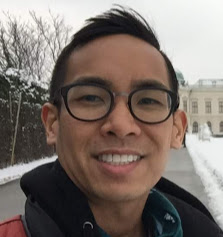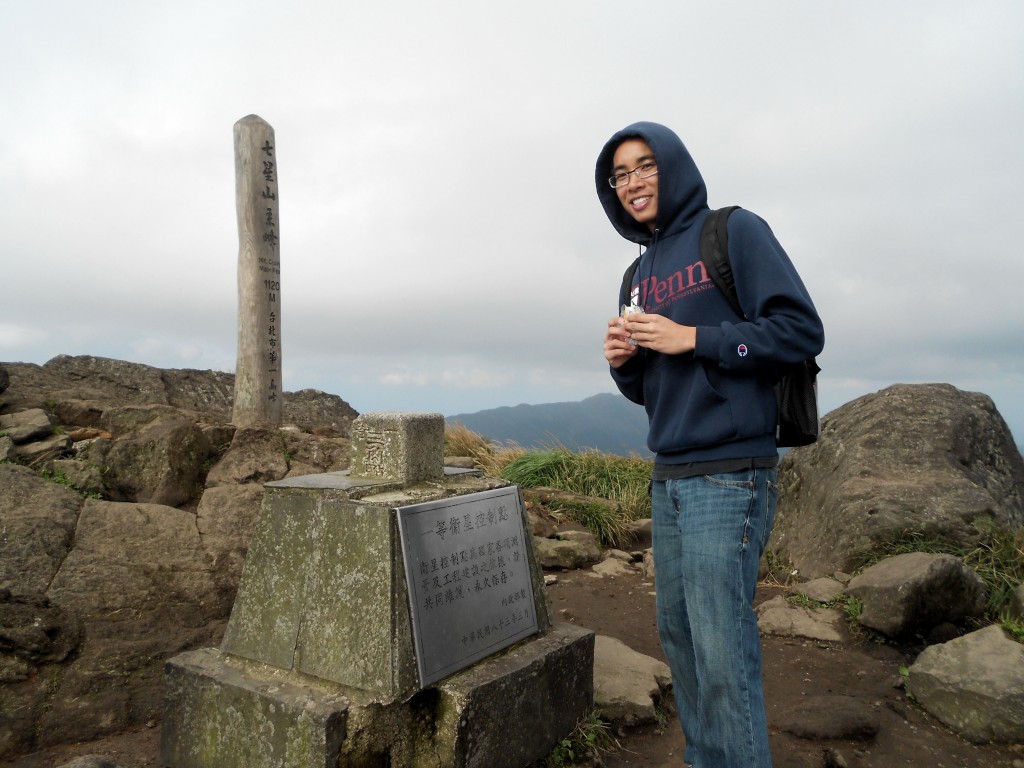Every day we all face an endless stream of choices. From the moment we wake up, to when we turn out the lights, our mind is forced into a constant state of decision-making. Some choices are done without much thought, while others – the big choices – may take weeks before any action is made.
For these bigger choices, what’s the reasoning behind contemplation rather than action? I think there are two big reasons:
- Doubt – That our current circumstances (money, ability, timing, etc.) preempt us from having the opportunities others might have available.
- Fear – That our actions today impact the opportunities and choices we have available tomorrow.
There is some truth in this. If we don’t have the money, how can we afford something we desire? If we don’t have the ability, how can we accomplish something we hope to achieve? If we don’t have the time, how can we complete everything that we want to get done?
While these thoughts might be valid, we should not let these perspectives limit our actions. Though there are few exceptions, every individual has the ability to change their circumstances. If money is an issue – save. If ability is an issue – learn. If time is an issue – make time. Acknowledging our fears and doubts, and then moving forward rather than giving up, is the first step towards accomplishing anything worth doing.

